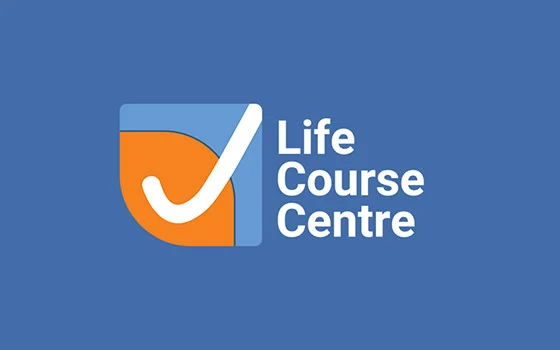Reports and Findings
The ultimate goal of this project is to enable policy-makers and researchers to work together to influence positive changes in the life trajectories of disadvantaged Australians via research driven policy initiatives.
This project will provide important policy directions for design of language educational programs in Australian schools, developing a multi-cultural society, multi-lingual workforce, sourcing of immigrants from different language backgrounds and English abilities in order to obtain the best developmental outcomes
Incarceration represents a source of ongoing socioeconomic and health inequity between Aboriginal and non-Aboriginal populations, limiting life changes and opportunities.

The Australian Research Council (ARC) Centre of Excellence for Children and Families Over the Life Course
Liz Prue Davis Hart MBBS FRACP PhD BSc (Hons) MSc PhD Co-director of Children’s Diabetes Centre Honorary Research Fellow prue.hart@thekids.org.au Co-director of Children’s Diabetes Centre Head, Inflammation Professor Davis is a paediatric
Matt Prue Stephanie Cooper Hart Trend BCA Marketing, BSc Statistics and Applied Statistics, PhD BSc (Hons) MSc PhD BSc PhD Manager, Biostatistics Honorary Research Fellow Honorary Research Associate 08 6319 1723 matt.cooper@thekids.org.au prue.hart@
Amy Andrew Carol Deborah Gail Helen Jenny Kandice Martyn Videos Finlay-Jones Whitehouse Watch and listen to Andrew Bower Strickland Alvares Leonard Downs Varcin Symons BPsych(Hons), MPsych(Clinical), MHealthEcon, PhD (Clin Psych) PhD MBBS MSc PhD
Carol Melissa Bower O'Donnell MBBS MSc PhD FAFPHM DLSHTM FPHA BPsych (Hons), MPsych, GradDip Ed, PhD Honorary Emeritus Fellow Honorary Research Associate 08 6319 1813 carol.bower@thekids.org.au Senior Principal Research Fellow; Director, FASD
Investigators: Dave Tucker (PhD candidate), Associate Professor Roz Walker, Dr Martyn Symonds, Dr Nyanda McBride The overarching aim of the proposed research is to identify the key psycho-social and contextual determinants of alcohol use during
Amy Andrew Carol Jacinta Videos Finlay-Jones Whitehouse Watch and listen to Andrew Bower Freeman BPsych(Hons), MPsych(Clinical), MHealthEcon, PhD (Clin Psych) PhD MBBS MSc PhD FAFPHM DLSHTM FPHA BScs, MPH Head, Early Neurodevelopment & Mental Health
